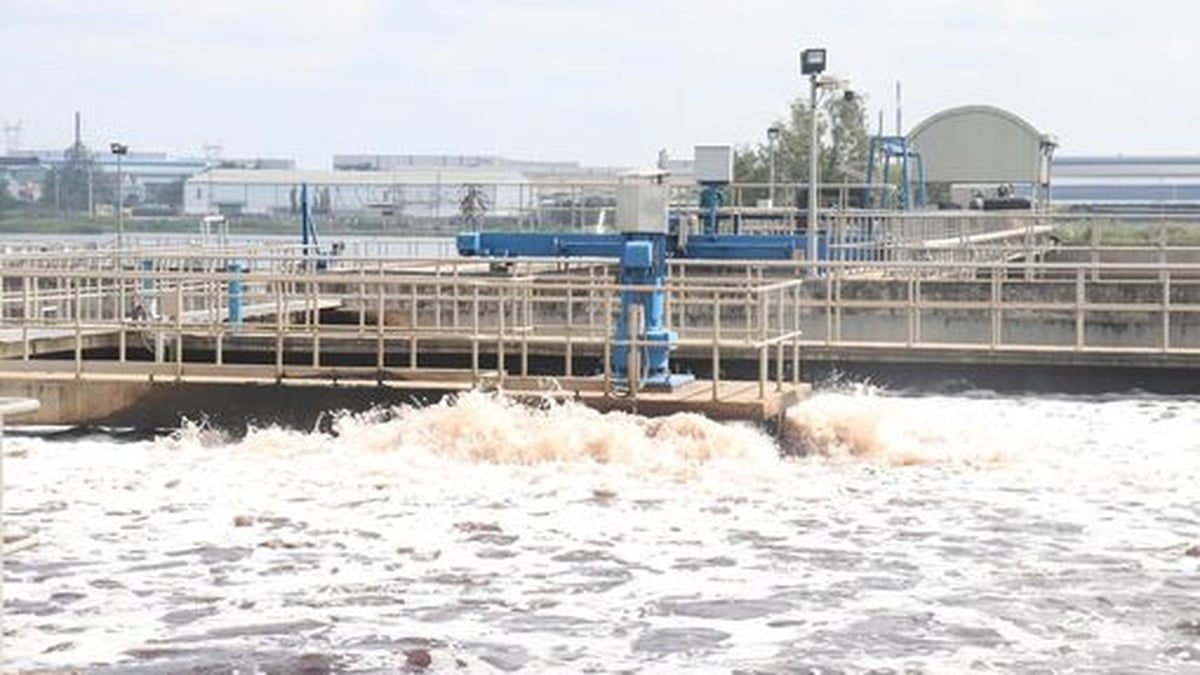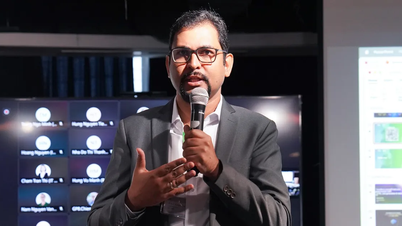High blood pressure can silently damage many important organs, especially the heart and brain. As a result, it can lead to an increased risk of stroke, heart attack, and heart failure, according to the health website Verywell Health (USA).

Long-term high blood pressure without effective control is a real threat to health.
PHOTO: AI
Severe hypertension is defined as systolic blood pressure ≥180 mmHg or diastolic blood pressure ≥120 mmHg. In many cases, patients do not experience headaches, dizziness or any other unusual signs. This makes the detection of the disease even more difficult.
Many people only discover that they have very high blood pressure by chance during routine health check-ups or while being treated for other medical conditions. If not treated promptly, this condition can silently damage many important organs, especially the heart and brain.
The first dangerous effect to mention is on the heart. Prolonged high blood pressure makes the heart work harder to pump blood, which leads to left ventricular hypertrophy. This is a major risk factor for heart failure and arrhythmia.
According to research from the Journal of the American College of Cardiology , people with uncontrolled high blood pressure face a 2-3 times higher risk of heart failure than normal people. In addition, high blood pressure also damages the lining of blood vessels, creating conditions for the formation of atherosclerotic plaques and increasing the risk of myocardial infarction.
Another serious impact is on the brain. Uncontrolled high blood pressure is the leading cause of ischemic stroke and hemorrhagic stroke. When blood pressure is too high and goes undetected, blood vessels in the brain can rupture or form blood clots that block blood flow.
The World Health Organization (WHO) says that about 54% of strokes are directly caused by high blood pressure. Even more frightening, many patients who have their first stroke do not know they have high blood pressure.
Not stopping there, severe high blood pressure also causes small blood vessels in the kidneys to become sclerotic, leading to reduced blood filtration capacity and chronic kidney failure. Many patients have to undergo dialysis or kidney transplant due to complications from uncontrolled high blood pressure.
To prevent and properly monitor blood pressure, people need to check their blood pressure regularly, maintain a healthy lifestyle, and follow their doctor's treatment recommendations. People with high blood pressure need to eat a low-salt diet, exercise regularly, reduce stress, avoid smoking, and limit alcohol, according to Verywell Health .
Source: https://thanhnien.vn/huyet-ap-qua-cao-nhung-khong-trieu-chung-moi-de-doa-tham-lang-voi-tim-nao-185250806190952974.htm




























![[Photo] Nghe An: Provincial Road 543D seriously eroded due to floods](https://vphoto.vietnam.vn/thumb/1200x675/vietnam/resource/IMAGE/2025/8/5/5759d3837c26428799f6d929fa274493)

![[Photo] Discover the "wonder" under the sea of Gia Lai](https://vphoto.vietnam.vn/thumb/1200x675/vietnam/resource/IMAGE/2025/8/6/befd4a58bb1245419e86ebe353525f97)
































































Comment (0)